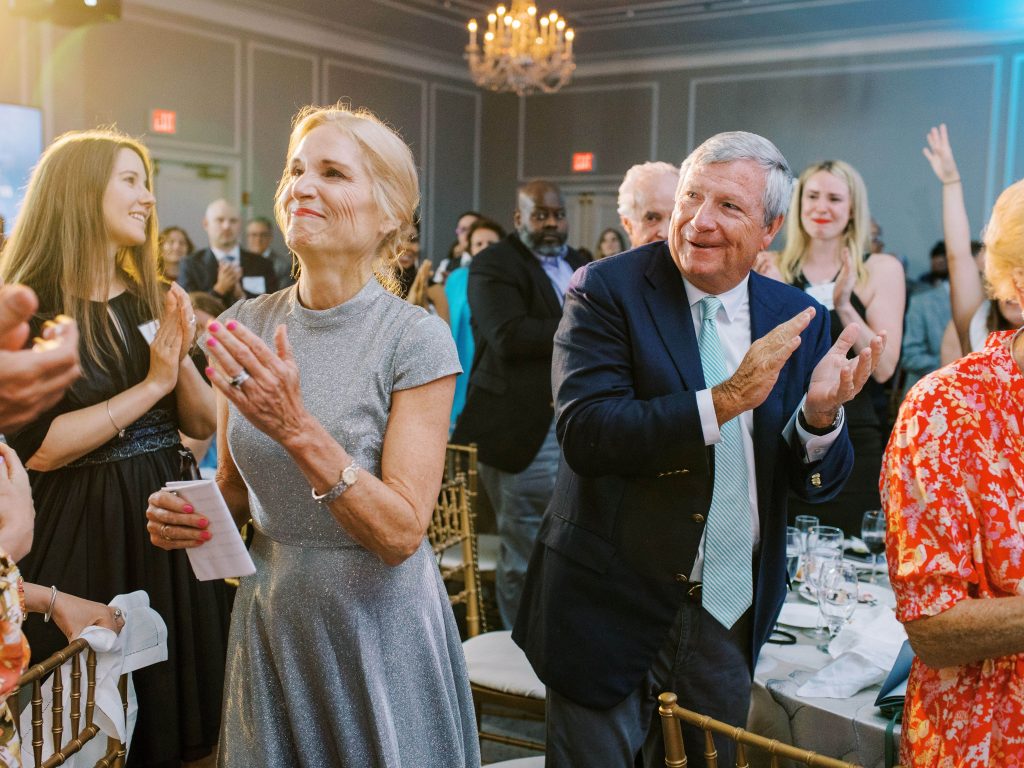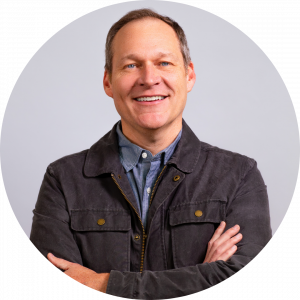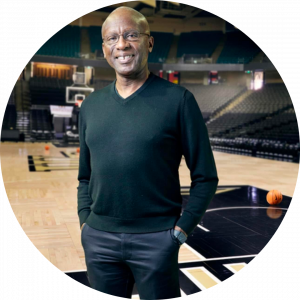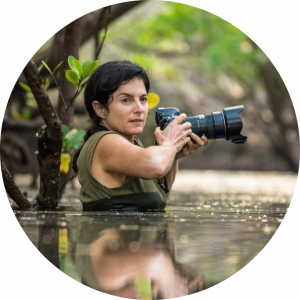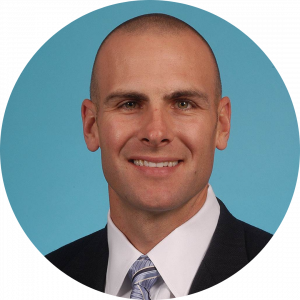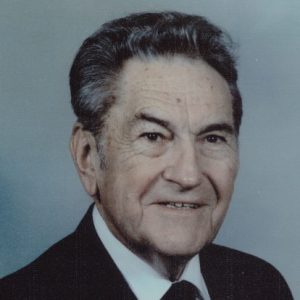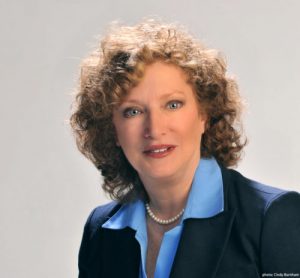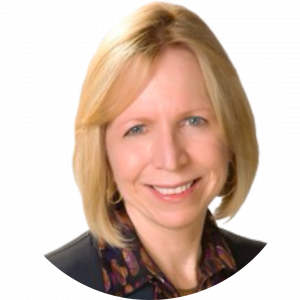
Melanie Sill – Pulitzer Prize-Winning journalist
Melanie Sill is a Pulitzer Prize-winning editor whose career took her from community reporting in the mountains of North Carolina to the top editorial roles at The News & Observer of Raleigh, The Sacramento Bee and Southern California’s KPCC/ LAist public radio, one of the nation’s biggest and most innovative NPR member stations. (She was the first woman to hold each of those roles.)
Melanie chose journalism initially out of a love of writing that blossomed as she learned reporting skills, first in hard news and then as a features reporter for The News & Observer traveling all over the state. Years later, after she moved into leadership as an editor and news executive in North Carolina and California, Melanie became increasingly passionate about journalism’s role in community connection and local democracy. She has been a news industry voice for local news innovation that centers the needs of audiences and communities and that holds diversity, equity and inclusion as fundamental values of journalism excellence.
Melanie was born in Scottsbluff, Nebraska, and raised in the sugar mill town of Waipahu, Hawaii, where she attended public schools. She chose UNC because of its journalism school and broader reputation, though she never visited campus beforehand, and graduated Phi Beta Kappa. The Daily Tar Heel, along with Jim Shumaker in particular, gave Melanie lifelong friendships as well as the experience and clips to launch her career, which began with a brief stint at The Transylvania Times in Brevard, N.C., and then 18 months in United Press International’s Raleigh bureau, which just so happened to be located on the third floor of the N&O building.
While wrapping up a late shift at the UPI bureau in the wee hours one morning, Melanie found herself reading a profile of author and Wake Forest University professor Maya Angelou in the early edition of The N&O and realized how much she missed writing and field reporting. She landed a job soon after as a feature writer for the Raleigh paper, and over six years found stories all over North Carolina, particularly in its eastern half.
Despite an early infatuation with Washington political reporting, Melanie was drawn more to stories about people and places mostly overlooked by journalism. She loved learning about North Carolina through its people, in small pieces like one about a fisherman whose livelihood and family had been hammered by a red tide, and in major projects like one about social segregation separating black students and white students on the UNC campus.
She also served a stint as the paper’s music writer and rock columnist, memorably convincing then-managing editor Bob Brooks that Prince really was “a big deal” and worthy of an arts section cover story. After she became an assistant city editor in the late ‘80s, she gravitated toward bigger stories looking beyond breaking news. These stories began winning awards and prompting community action.
After a Nieman fellowship year in 1993-94, the years when the nascent World Wide Web began connecting people en masse to the internet, Melanie rejoined The N&O’s pioneering online and investigative journalism expansion as its projects and Sunday editor. Among the projects she directed at The N&O was “Boss Hog,” an investigative series and subsequent coverage led by reporters Pat Stith and Joby Warrick (and involving a team of others) that won the 1996 Pulitzer Prize Gold Medal for Public Service. In something new at the time, the stories listed the team’s phone numbers and email addresses, which helped prompt a flood of responses, along with follow-up coverage that eventually led to reforms and a moratorium on new hog operations that remains in place.
Melanie was named N&O managing editor a couple of years after the Pulitzer, then executive editor and senior vice president in 2002. During her time as part of senior leadership, a major journalism review named The N&O one of the 20 best daily newspapers in the United States, citing its deep coverage on significant topics (in particular, education) as well as its public affairs section and investigative journalism. In 2006, The N&O and Charlotte Observer (responding to a seminal statewide report by researcher LeRae Umfleet) hired author Timothy Tyson to help produce a special report on the 1898 coup and massacre of Black residents in Wilmington, N.C., including the role of the newspaper and then-publisher Josephus Daniels in those events and in Democratic Party’s larger white supremacy campaigns. A special section titled “The Ghosts of 1898” appeared in the newspapers and others statewide, including the Wilmington Star-News; the section was reprinted to meet demand from schools statewide.
In late 2007, Melanie moved to California after McClatchy offered her the role of editor and senior vice president for news at The Sacramento Bee, the company’s flagship newspaper. Amid the Great Recession, The Bee greatly increased its digital presence and continued to excel, and Melanie was struck by journalism’s opportunities outside traditional news definitions and approaches.
In mid-2011, she left McClatchy and newspapers to explore how journalism was changing. As executive-in-residence at USC’s Annenberg School for Communication and Journalism, she produced a discussion paper called “The Case for Open Journalism Now” on ways news could work with and for communities in the era of digital and media shift.
She joined Southern California Public Radio — which was expanding rapidly into digital platforms and working to diversify its content, staff and audiences — in 2012 as executive editor, and in 2014 moved into the role of senior vice president for content. As she built a team and added or boosted diverse talent at all levels, the station became competitive as a digital news presence, elevated its investigative reporting to national prominence, added new broadcast programming and greatly increased its community outreach and engagement through live events and other in-person connections.
Melanie’s impact extended beyond her newsroom roles; in 2017, after she returned to North Carolina (which had become home), she began working independently and as a consultant to the Democracy Fund and the NC Local News Lab Fund on efforts to provide broad support to local news providers in our state. She started the NC Local email newsletter in 2018, and in 2020, helped launch the nonprofit NC Local News Workshop at Elon University, serving as its interim executive director for a year and organizing the first-ever NC Local News Summit, now an annual event. Years before, she was one of the founders of the NC Open Government Coalition, also based at Elon. She now supports journalists and local news as a volunteer adviser and board member, including a new effort to start a hub organization to get information to more North Carolinians about how state-level decisions are affecting their lives and well-being.
Throughout her career Melanie has benefited from strong peer friendships and mentorships, and counts among her major personal influences Claude Sitton, the late New York Times civil rights journalist and longtime N&O editor who hired her; Judy Bolch, former N&O managing editor and features editor; Pat Stith, legendary N&O investigative reporter; Anders Gyllenhaal, former N&O executive editor; Orage Quarles III, former N&O publisher and president; Bill Kovach, legendary editor and Nieman curator; Geneva Overholser, former USC Annenberg journalism dean, Des Moines Register editor and one of journalism’s leading public intellectuals; and Bill Davis, former Southern California Public Radio president. Her connections crisscross legacy and startup media, and she works to return the privilege she had by mentoring and encouraging young journalists and emerging media leaders.
In addition to dozens of state and national journalism awards for the newsrooms she led, Melanie has been recognized with UNC’s Distinguished Young Alumni award and The Daily Tar Heel’s Distinguished Alumni honor. She also has served as a juror for the Pulitzer Prizes and Headliner Awards and judge for other state journalism competitions. She lives in Chatham County with her husband, Bennett Groshong, a retired software engineer
